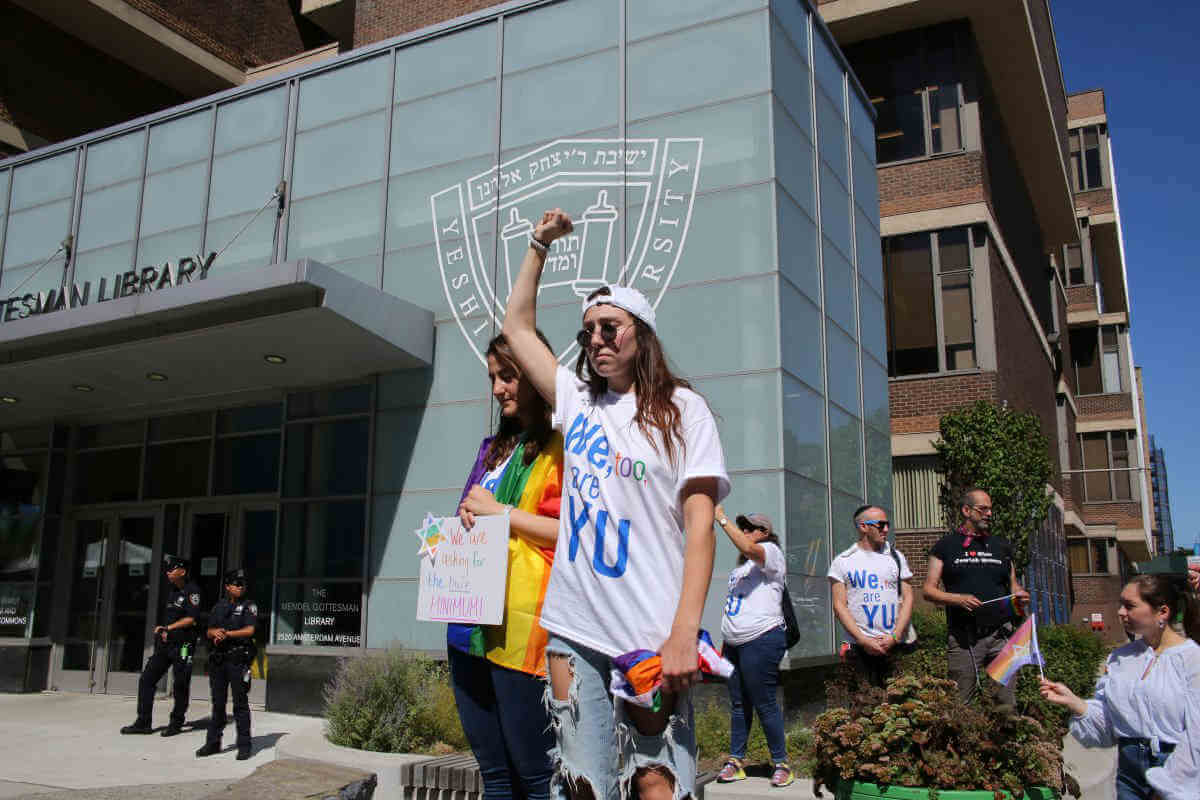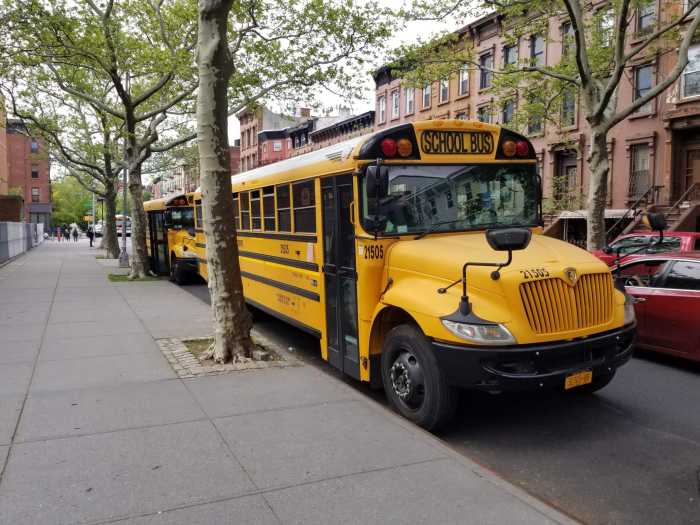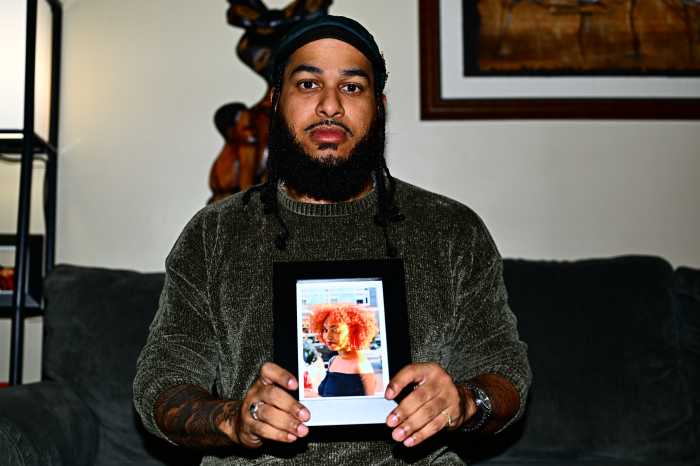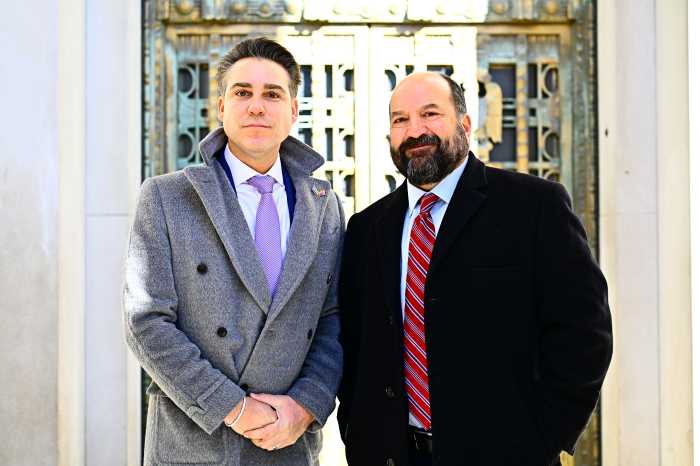Yeshiva University’s longstanding fight against recognition of an LGBTQ campus club has yet to reach any meaningful conclusion throughout a drawn-out process that has featured pit stops at multiple courts — including the United States Supreme Court.
Instead, the legal battle has unveiled new headaches for Yeshiva University — and the revelations have largely cast a negative light on the school’s decision to continue excluding the club.
A core issue at the heart of the legal battle is the school’s classification status. New York County Supreme Court Justice Lynn R. Kotler looked into the history of the school and found that it did not qualify for an exemption from complying with the New York City Human Rights Law, which bars discrimination against individuals on the basis of sexual orientation and gender identity or expression. While a “religious corporation” would be entitled to exemptions, Yeshiva University is incorporated under the New York State Education Law, not the Religious Corporation Law.
Yeshiva University claims it is exempt from the human rights law’s public accommodation provision and that it has a First Amendment right to reject the Pride Alliance.
As state lawmakers have complained, though, the school purported to be an “independent” and “non-sectarian” not-for-profit institution for funding purposes, but later claimed to be a “religious corporation” when it sought to ban the LGBTQ campus club.
The school has pushed back against that legal narrative while also seeking to address the issue last fall by creating a new, alternative queer club, which was rejected by the YU Pride Alliance as a “desperate stunt” and a “sham.”
“The YU sham is not a club as it was not formed by students, is not led by students, and does not have members,” the YU Pride Alliance wrote in a statement last October. “Rather, it is a feeble attempt by YU to continue denying LGBTQ students equal treatment as full members of the YU student community.”
The longer the case drags out in court, the more troubling it looks for the university, which has attracted the attention of curious state lawmakers who have urged officials to begin investigating whether the school ran afoul of the law by enforcing discriminatory policies while also benefitting from public funding.
State Senator Brad Hoylman-Sigal of Manhattan, one of the multiple lawmakers demanding accountability, said the university “cannot both claim it is a religious institution for the purposes of the lawsuit against the YU Pride Alliance and claim it is a secular body and institution in order to receive hundreds of millions of dollars of taxpayer funds from the State of New York.”
Yeshiva University claims on its school website that student clubs exist to “better represent the diverse student body” and offer programs and events “indicative of the vast interests of the students.”
It is clear that the inclusion of the YU Pride Alliance would be in the interest of students. The school should grant the YU Pride Alliance formal recognition once and for all.
































